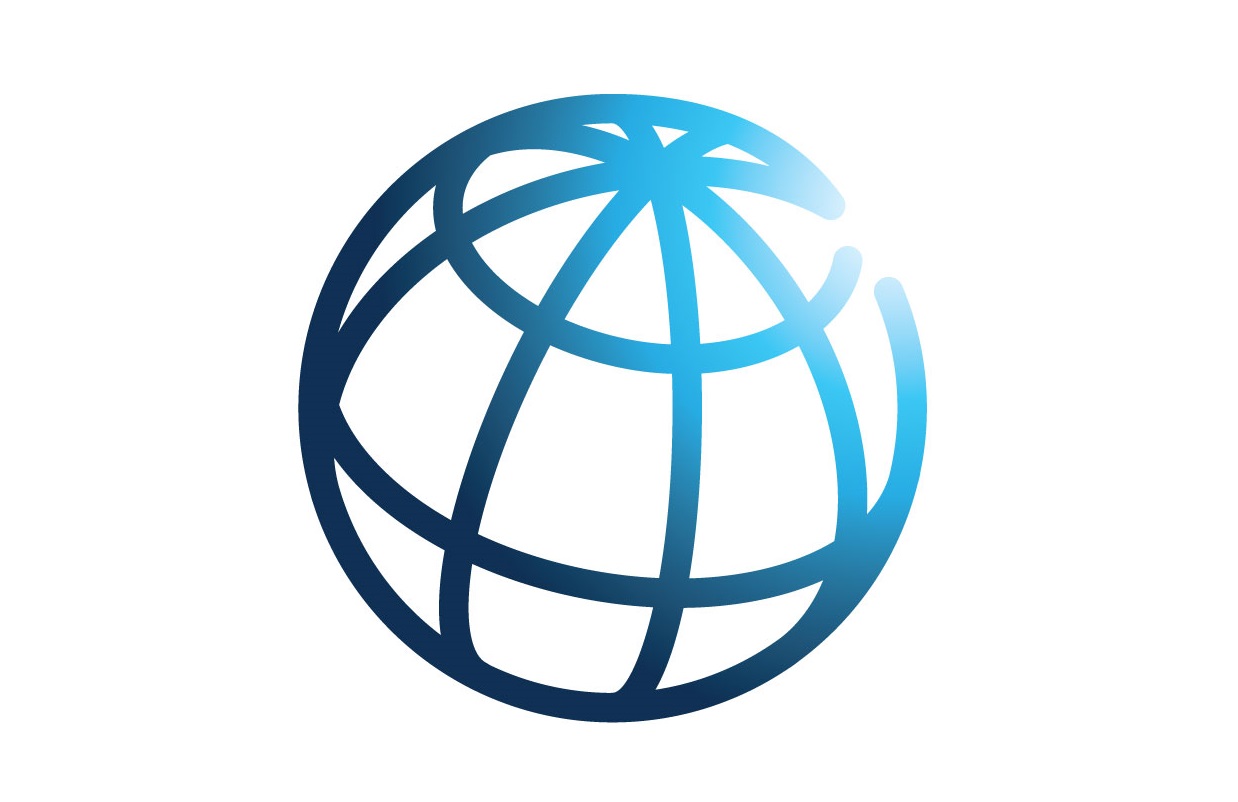TASHKENT, Uzbekistan, June 28. To reach
upper-middle-income status by 2030, Uzbekistan must accelerate its
economic growth to near double-digit rates, with a strong emphasis
on boosting total factor productivity (TFP), Trend reports citing the
World Bank.
Achieving this ambitious target will require removing regulatory
obstacles, tackling market distortions and technological
bottlenecks, deepening trade integration, and investing heavily in
human capital development.
Between 2010 and 2022, Uzbekistan’s economy grew at an average
annual per capita rate of 4.2 percent, outpacing regional peers in
Europe and Central Asia as well as other lower-middle-income
countries. However, this growth has largely depended on capital
investment and only recently began to generate stronger employment
growth, accelerating notably in 2023 and 2024.
A key challenge remains the expansion and strengthening of the
private sector to enhance market competitiveness. In 2020, over
2,000 state-owned enterprises (SOEs) accounted for 32 percent of
GDP, with many operating in sectors where private firms could
outperform them. Accelerating the privatization of these SOEs and
improving corporate governance are critical steps to unlocking the
sector’s full potential.
Modernizing infrastructure—especially in electricity and
transportation—is another vital priority. The government is
actively encouraging private investment in the energy sector and
implementing tariff reforms designed to achieve full cost recovery
by 2026–27. Upgrading infrastructure in high-productivity regions
like Tashkent and Qarshi, alongside improving road and rail
connections between key economic centers, will reduce business
costs and enhance competitiveness.
Trade integration has progressed markedly, evidenced by the
trade-to-GDP ratio experiencing a substantial increase, more than
doubling since 2017 to attain a notable 71.6 percent in 2022.
Nevertheless, a mere 6 percent of enterprises are presently engaged
in the exportation of their offerings, underscoring a significant
opportunity for expansion. Optimizing customs protocols, enhancing
preferential trade frameworks, and advancing logistical
infrastructure are critical to facilitating greater access to
Uzbekistan’s markets.
To bolster these strategic objectives, the World Bank advocates for
the streamlining of licensing and permitting frameworks, the
establishment of autonomous regulatory bodies for critical sectors,
the enhancement of competition enforcement mechanisms, and the
facilitation of financial access for small and medium-sized
enterprises (SMEs).
Through the execution of these multifaceted reforms, Uzbekistan
seeks to maintain robust economic expansion, cultivate high-quality
employment prospects, and enhance its competitive edge in the
international arena.
